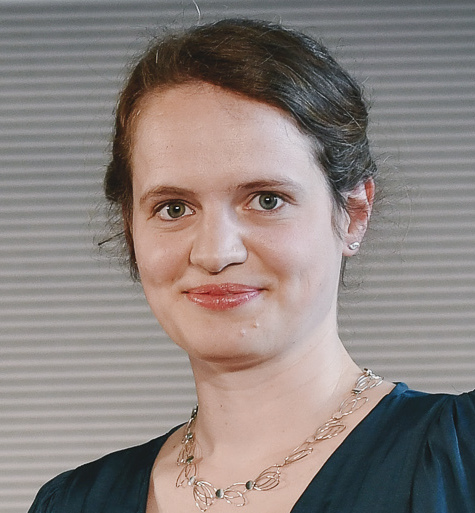In the wake of the COVID-19 pandemic, there were calls to take the momentous step of establishing a European Health Union. What has happened since then? Was it just a case of empty words? Healthy Europe asked two members of the Young Forum Gastein for their opinion.
The area of health has become a key field of EU intervention.
MECHTHILD ROOS, LECTURER IN COMPARATIVE POLITICS AT AUGSBURG UNIVERSITY

The European Pillar of Social Rights, the European Green Deal and the European Health Union are three key initiatives by the European Union (EU), and specifically the European Commission. They share not only grand and impressive names, but also a considerably less grand treaty basis. Whilst the EU has been active for decades in social, environmental and health policy, these areas have attracted more than their fair share of controversy among Member States. Indeed, by assigning grand names to its initiatives, the Commission has sought to construct a unity – and eventually a comprehensive set of EU-level rules and norms – that does not yet exist. This may put into perspective expectations vis-à-vis the youngest of the three initiatives, designated with the impressive title of “European Health Union”. That is not to say, of course, that we should not be allowed to hope for or expect action, legislation and impact – or, in a word, change in the area. Even though much remains to be done to achieve anything worthy of this grand title, not least regarding health rights and health access for all people living in the EU, the area of health has become a key field of EU intervention. This, indeed, is one main achievement of all three aforementioned initiatives: to identify old and newly opening gaps in competences provided by the European treaties. Some of these gaps have already been closed. The next steps for all of these initiatives – including the “Health Union” – should now consist of developing a stable, growing and implementable EU legislative construct. This would allow them to abandon their grand names, and to become part and parcel of the broader system of rules and norms that constitutes the EU.
Mechthild Roos is a lecturer in Comparative Politics at Augsburg University. She has been a member of the Young Forum Gastein, the network for young European health professionals belonging to the European Health Forum Gastein, since 2021.
The difficult part of the work is still to come.
MICHELE CALABRÒ, DIRECTOR OF EUREGHA, THE EUROPEAN NETWORK OF LOCAL AND REGIONAL HEALTH AUTHORITIES

As health advocates and professionals, we all have now memorised the words of President of the European Commission Ursula von der Leyen from 2020, when she emphasised the need for a European Health Union. Equally, we have welcomed all the new policies and initiatives launched from this milestone, from the EU4Health programme and the European Health Data Space EHDS through to the ambitious pharmaceutical legislation reform. However, it is equally clear that the difficult part of the work is still to come. While the 2024 EU elections will bring change and hopefully new perspectives, it will be essential for the “renewed” EU to build on the positive road that has been prepared over these last years. This is fundamental, especially since some, if not all of the most important dossiers and initiatives launched, including the pharmaceutical reform, the EHDS and the EU Comprehensive Mental Health strategy, will end up being finalised or implemented from next year onwards. The European Health Union will equally need to develop “new pillars” currently missing from the picture, starting from granting more centrality to discussing and urgently finding joint solutions to health workforce issues, such as shortages and skilling. In addition, more attention paid to the Health in All Policies approach, better integration between programmes and priorities, and further funding and opportunities, will all be needed. To conclude, it will be essential to show European citizens that the road being travelled by EU health policies is indeed heading towards “more health in the EU” and will be leading to an ambitious long-term European vision and strategy: a true European Health Union, not only one on paper, but one that can be touched and felt by all Europeans, patients, healthcare professionals and beyond.
Michele Calabrò is Director of EUREGHA, the European network of regional and local health authorities. He has been a member of the Young Forum Gastein since 2018.
